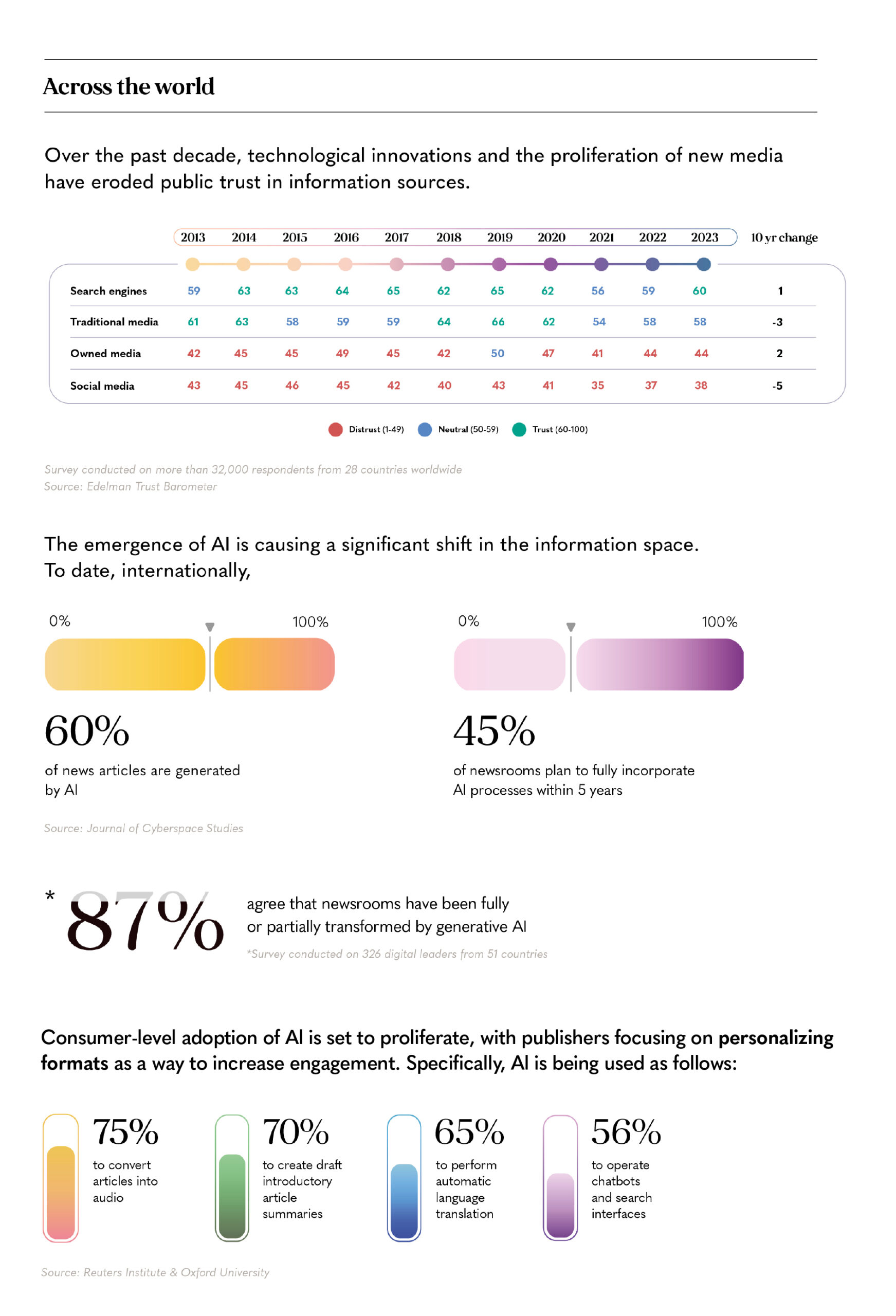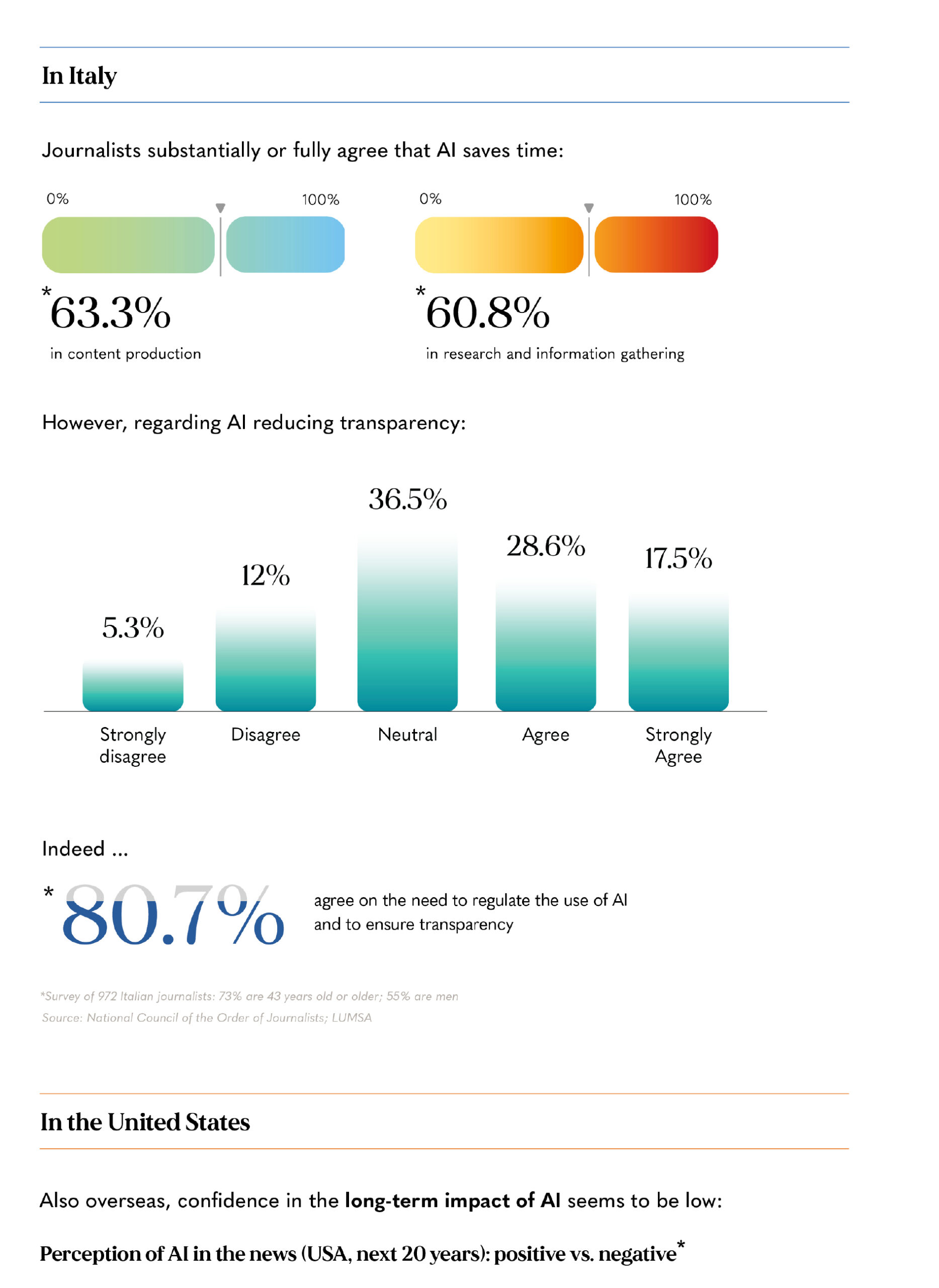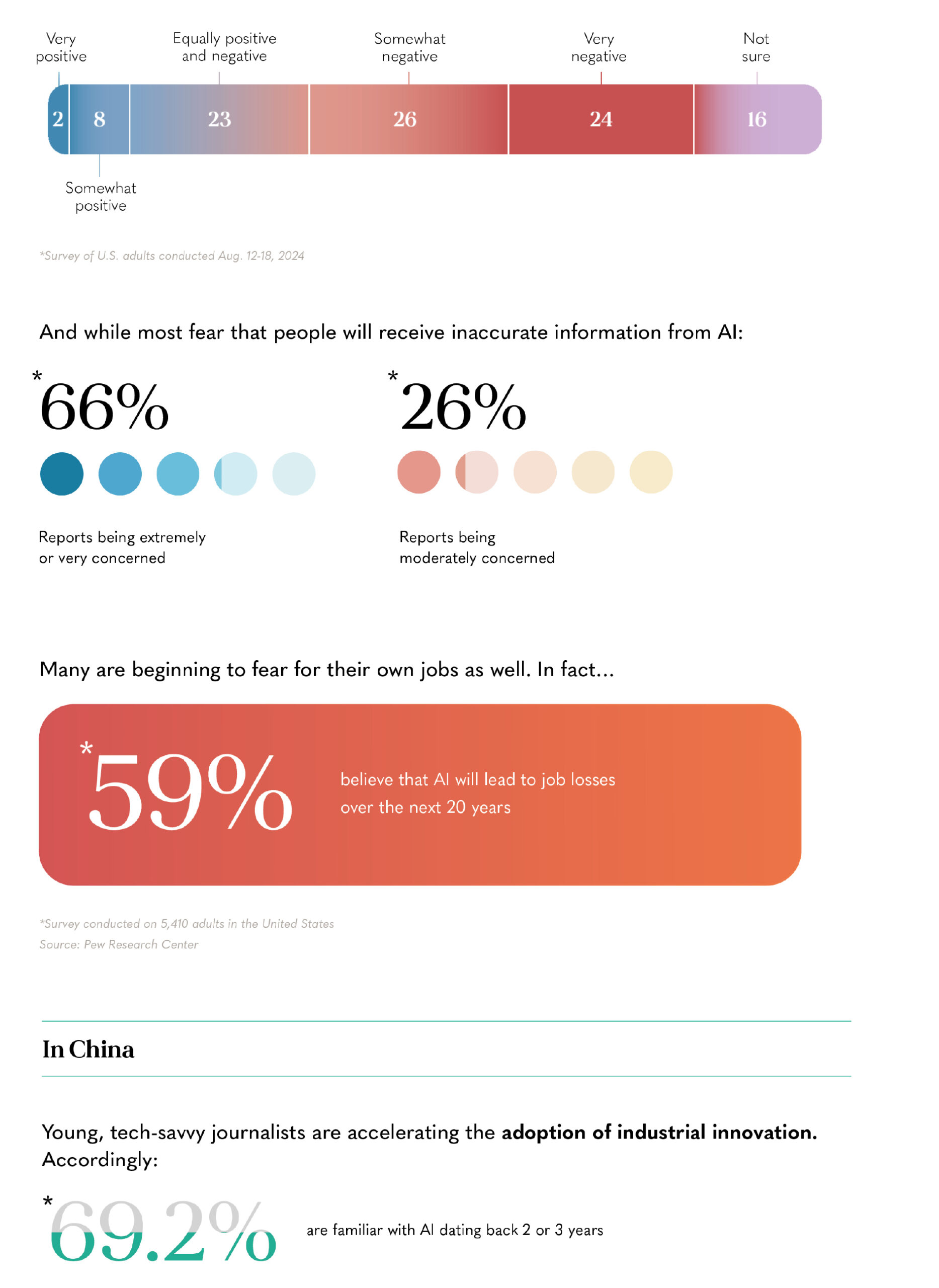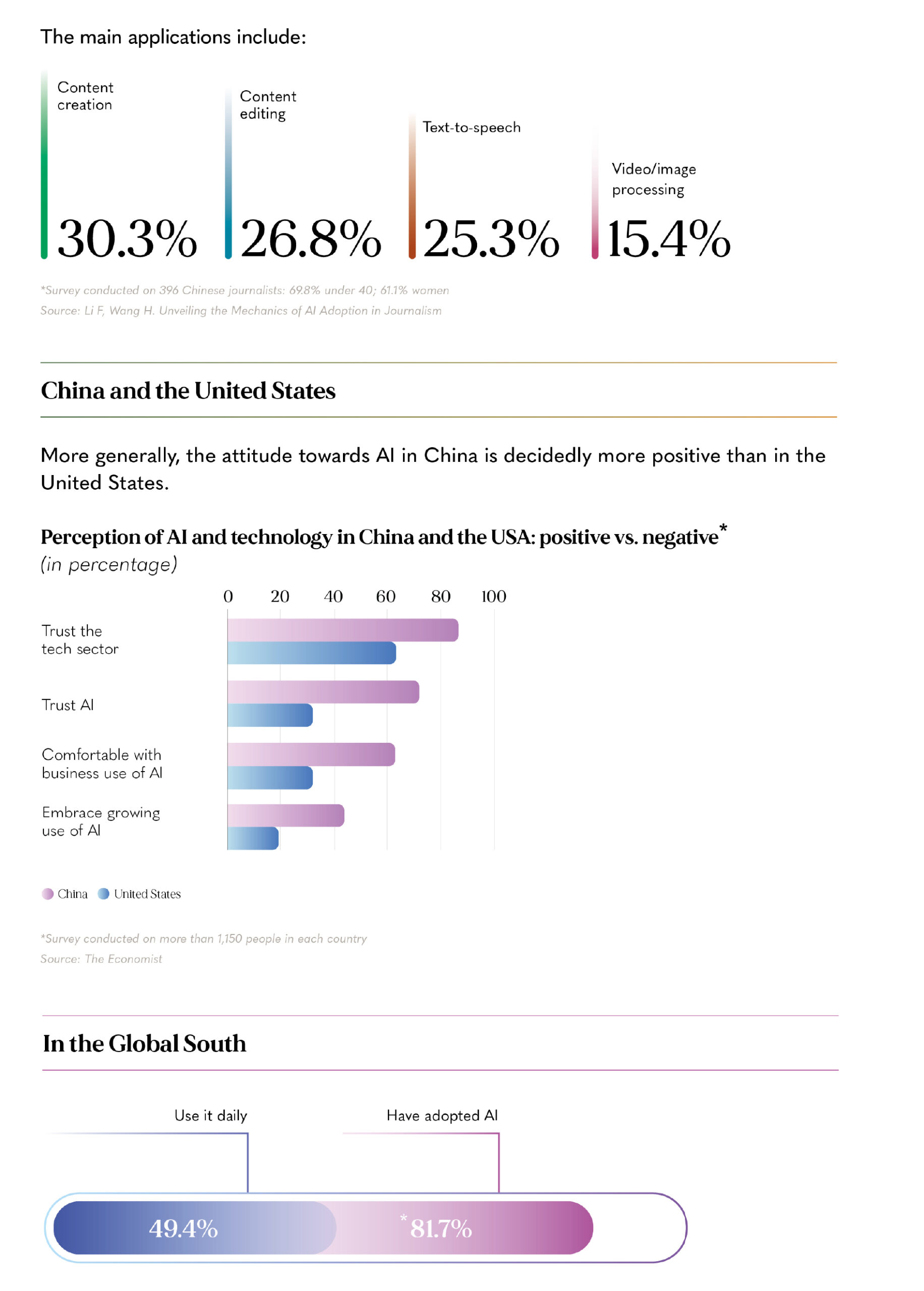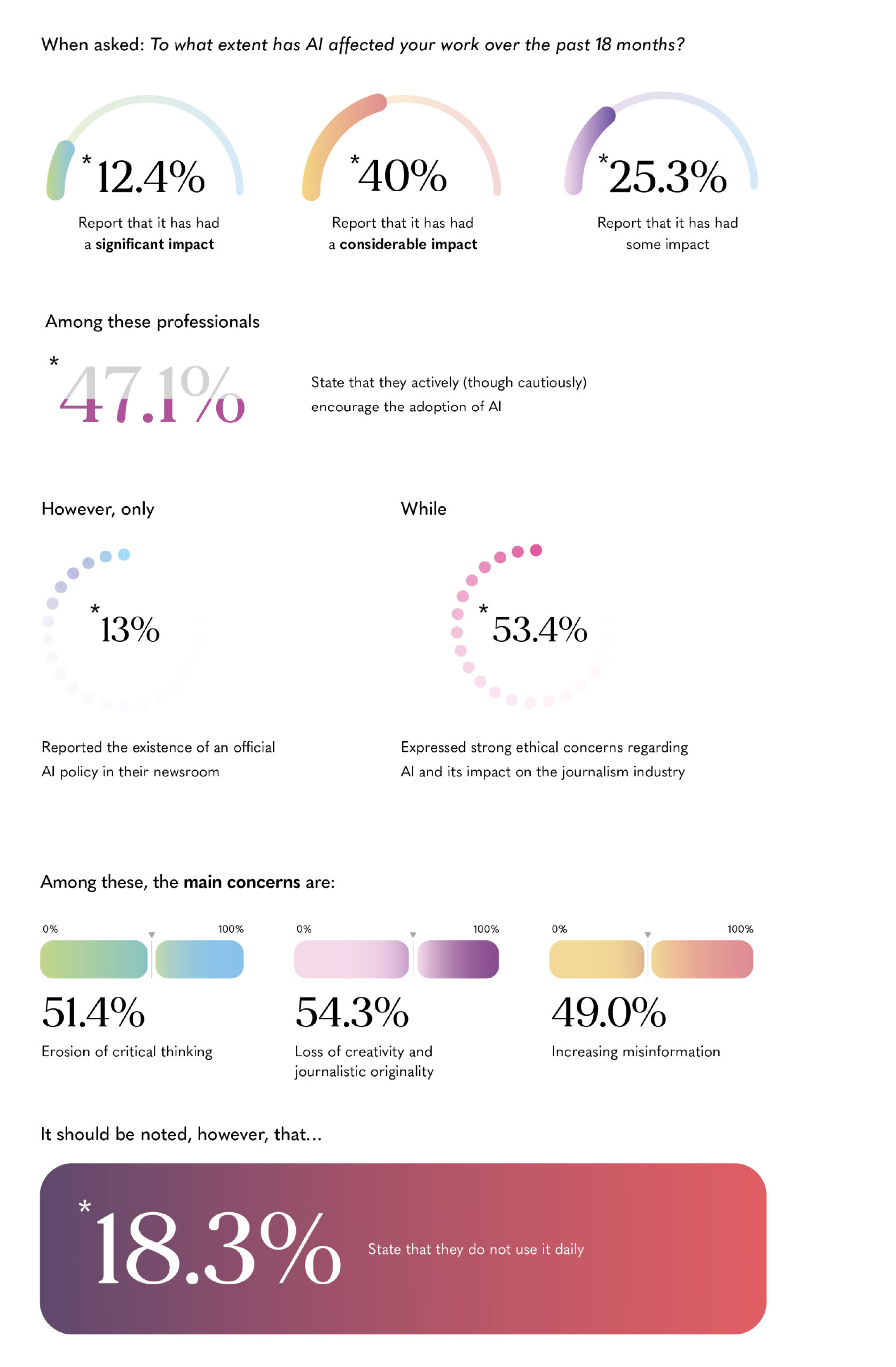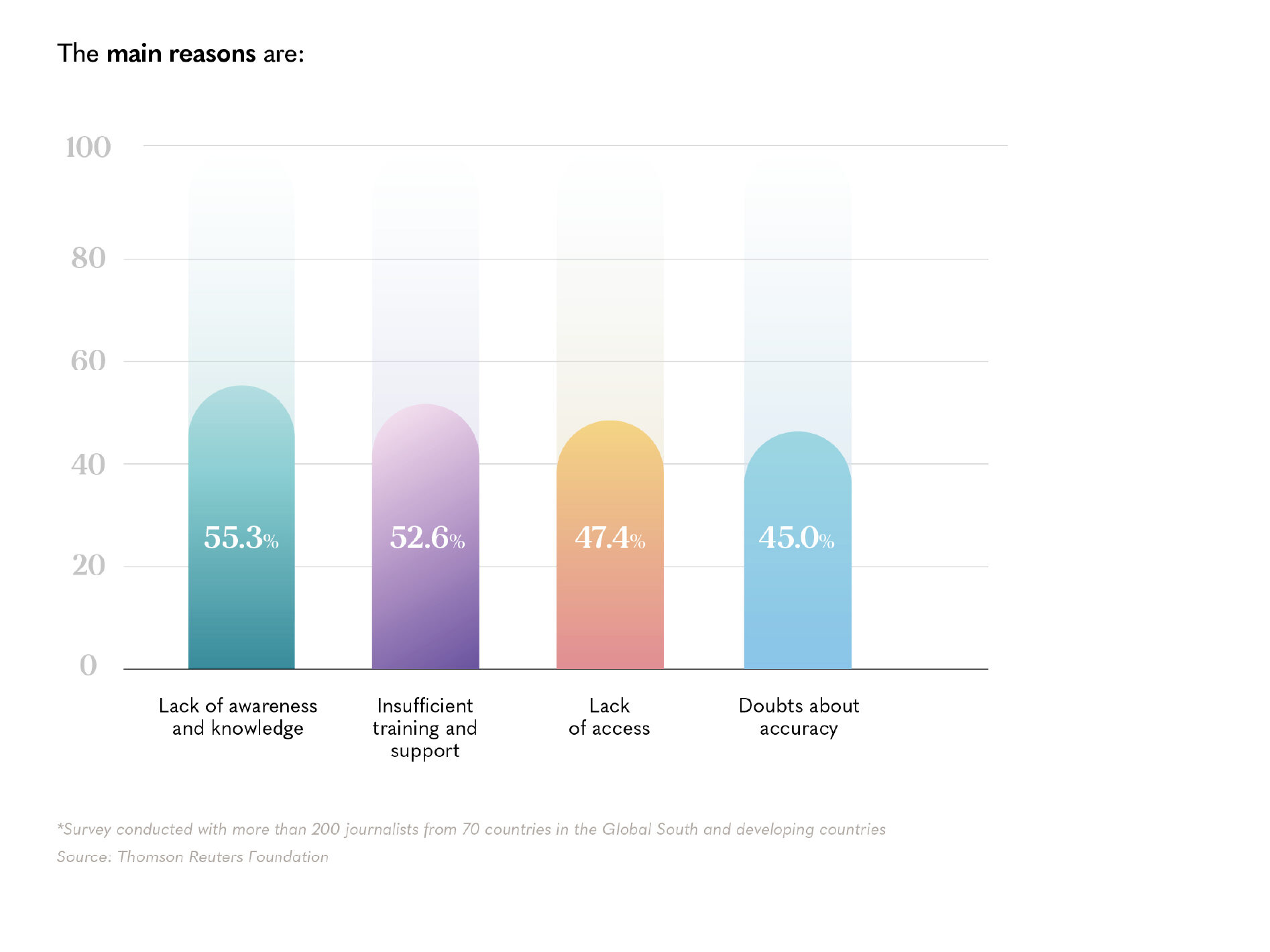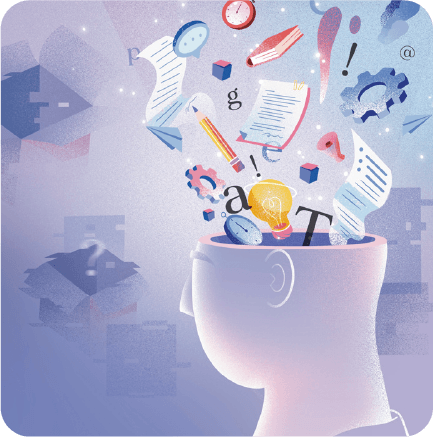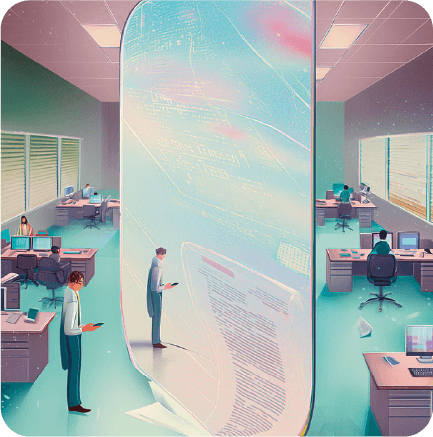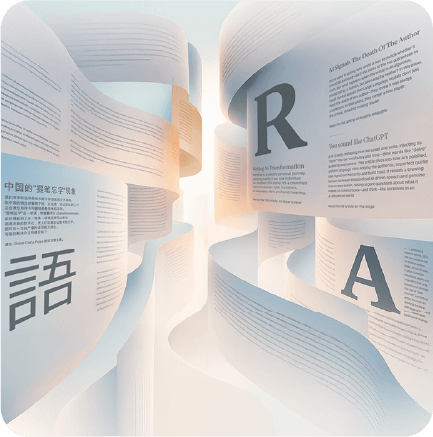Trends
May You Live in Interesting Times
This was the title of the prestigious Venice Biennale event in 2019. And never has intuition been more correct. The very next year, a series of mind-boggling events followed one after the other – COVID-19, conflicts, AI as a new technological paradigm – that changed everyone’s lives.
From the perspective of our often repetitive and frenetic lives, we look at a screen and feel like Odysseus before the Pillars of Hercules. A torrent of newsletters, articles, and reels drag us everywhere and nowhere, bringing with them the latest updates on climate crises, technological innovations, and scientific revolutions. And we tremble, emotionally trapped between excitement and fear.
One naturally wonders: in a world where everything has its own space, time, and attention —is there anything that truly matters? How can we recognize real change in a world that never stands still? Artificial intelligence has burst onto this scene of cognitive entropy with a vengeance. Everyone is talking about it, but no one seems to truly understand what it is. Massive hype about how this technology will change everything is juxtaposed with insidious fears, alarmism, and grim predictions.
In the following paragraphs, you’ll find answers from four journalists—all from different backgrounds and situations—to the seemingly trivial question: “Do you think AI is changing your life and your work? How?” These four short pieces are invaluable not only for the different perspectives they contain but, more importantly, the questions they raise.
To open the series, Pietro Minto invites us to reflect on words. “Artificial intelligence”, for example: not a futuristic intellect, but a language model devoid of will, emotions, or ties to the world. And it is exactly because of this—its neutral nature—that it reveals itself: unable to choose, it only returns what it receives. A giant mirror that shows us our own reflections: the quality of our work, the humanity we maintain, and the culture that shapes us.
And yet they are mirrors in which we struggle to recognize ourselves. As Ygnazia Cigna points out, the great paradox of technological progress is the fact that the more accessible a technology becomes, the more a deep-seated human fear begins to grow: that of indistinguishability. In a world where an AI model allows you to create texts, images, and podcasts in a matter of seconds, what sets a journalist apart? What continues to make us human?
These questions highlight the transformative potential of returning focus to what an algorithm cannot replace: trust, relationships, and empathy. But the idea of “putting humans back at the center” of AI development is not new. As Giovanni Esperti explains, in the mansions of decision makers, it is a recurring mantra, which sometimes risks becoming more a form of ethical laziness than a true mission.
And while these words risk remaining mere hollow platitudes echoing through the corridors of power, elsewhere, AI is already reshaping entire systems. Lorenzo Lamperti catalogs the potential impacts of developments in artificial intelligence from the West to Asia, where a new paradigm is emerging. Information, authors, and readers are changing their raison d’être, introducing a broader change in which journalism and democracy are also destined to transform.
To round out these reflections, we called upon some of the most popular chatbots to answer the questions raised by the musings of their human counterparts about their role, their purpose, and their future. Thus, at the end of each article, you will find ChatGPT, Grok, Claude, and DeepSeek taking the floor, respectively, becoming co-authors and digital twins of the journalists, responding in natural (perhaps too natural) language with a portrait of what drives and limits them. Given the same prompt, they offer a snapshot of the true progress of these technologies and our ability to interact with them.
The legacy of the conversation isn’t in the answers—it’s in the questions that linger. After all, living in interesting times means exactly this: realizing that navigating unknown waters isn’t about crossing the Pillars of Hercules, but about dwelling in uncertainty without being swept away.
Enjoy the read.
The Readings
Big Boxes of Words by Pietro Minto
Between the Apocalyptic and the Integrated by Ygnazia Cigna
Without Being Swept Away by Giovanni Esperti
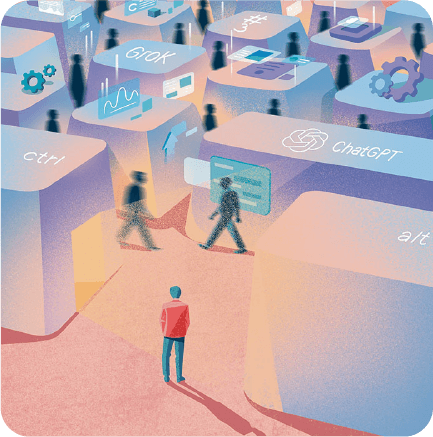
The Art of Staying Human Amidst Progress and Uncertainty.
“Do we need an assistant made in our image, and therefore imperfect, who’s just faster at calculations? Or do we want a superior being, to be summoned and consulted as an oracle?”
Beyond the Looking Glass by Lorenzo Lamperti
Numbers to Keep in Mind
